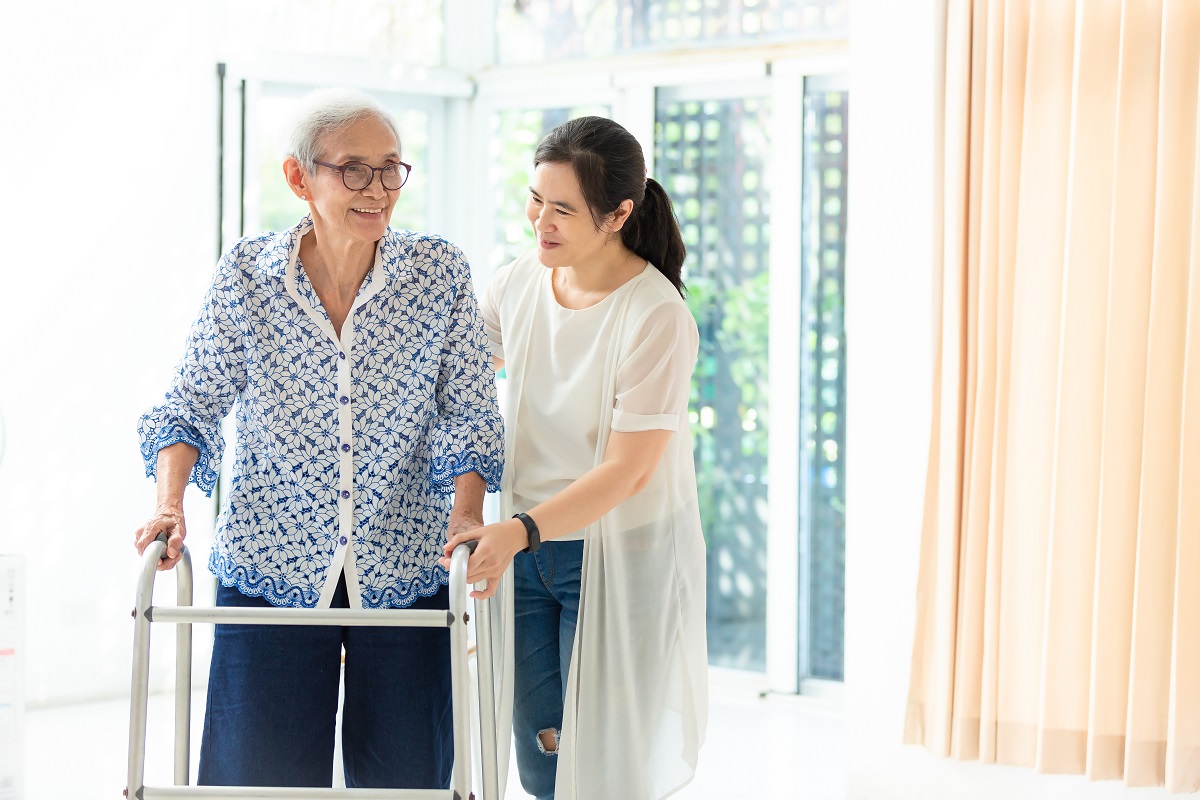The positive effects of dancing on dementia

New research shows that dancing can do more than keep you physically fit. It could also help you fight off dementiaIt’s easy to see why dancing is good for your health; it keeps you fit and makes you feel good. But a growing amount of evidence also shows that dancing has another benefit. For dancing can improve brain power and even help ward off Alzheimer’s and dementia.A new study by the German Centre for Neurodegenerative Diseases reveals that certain dance styles are particularly beneficial for older people. The study involved people with an average age of 68 and found that those who regularly did line dancing, Latin American, jazz and square dancing had a larger hippocampus (the area of the brain associated with age-related decline) and were therefore better protected against dementia. Interestingly, researchers also compared dancing with other physical activities such as walking and cycling but found that dancing had the most powerful impact.‘Dancing is a powerful tool to set new challenges for body and mind, especially in older age,’ explains Dr Kathrin Rehfield, lead author of the study which was published in the journal Frontiers in Human Neuroscience.This isn’t the first time dance has been shown to stimulate the brain and increases cognitive ability. Regular freestyle dancing (any style of dance which is improvised on the spot) was shown in one study to reduce the risk of dementia by 76 per cent – that’s twice as much as reading.Experts believe dancing might be particularly beneficial because it combines several brain functions at once; kinaesthetic, rational, musical and emotional, thereby increasing the brain’s neural connectivity. But putting on your dance shoes a couple of times a year won’t do any good. All researchers agree that, to be effective, you must dance regularly.Regular dancing can also help people who are already living with dementia, stimulating them physically and mentally and enriching their lives. Some dance companies even offer free classes to people with dementia and their carers.If you live in London check out this free eight-week course starting in autumn.
Our Resources by Our Experts
Want to learn more about all things care industry? Check out our blog!

Acting as an attorney for a Lasting Power of Attorney
Someone you know has approached you to be their attorney, but what exactly is involved?

15 tips to help you get organised
Feel as if you’re juggling too many balls in the air? You aren’t alone. Many people tell us that caring for a loved one with dementia can involve a wide range of roles and skills and a great deal of multi-tasking. Here’s a few ideas that might help you to streamline your life.

Being bilingual could help your brain function and age better
Being able to speak a second language could slow brain ageing and reduce the risk of dementia, say Canadian researchers

‘Alzheimer’s has taken Mum’s memory, but I won’t let it take her happiness’
Heather O’Neil cares for her mum Margaret who was diagnosed with mixed dementia in 2012. Here she explains why creative hobbies are still so important for Margaret